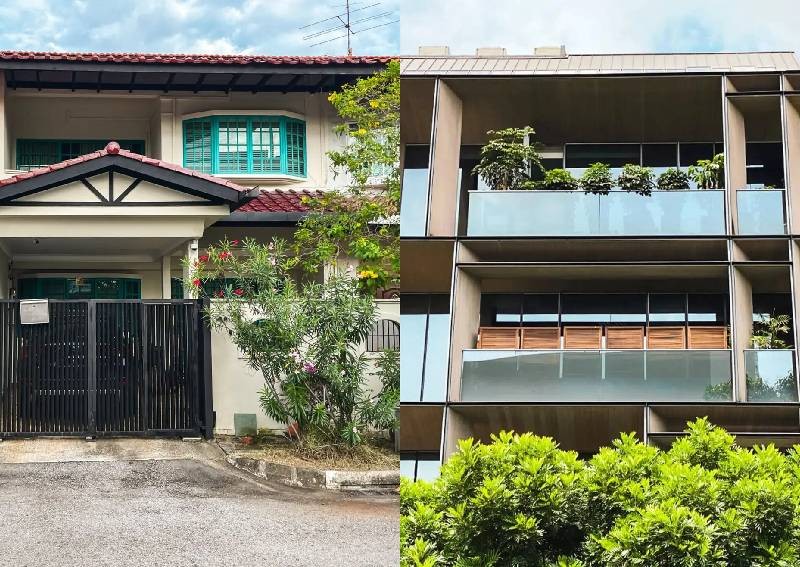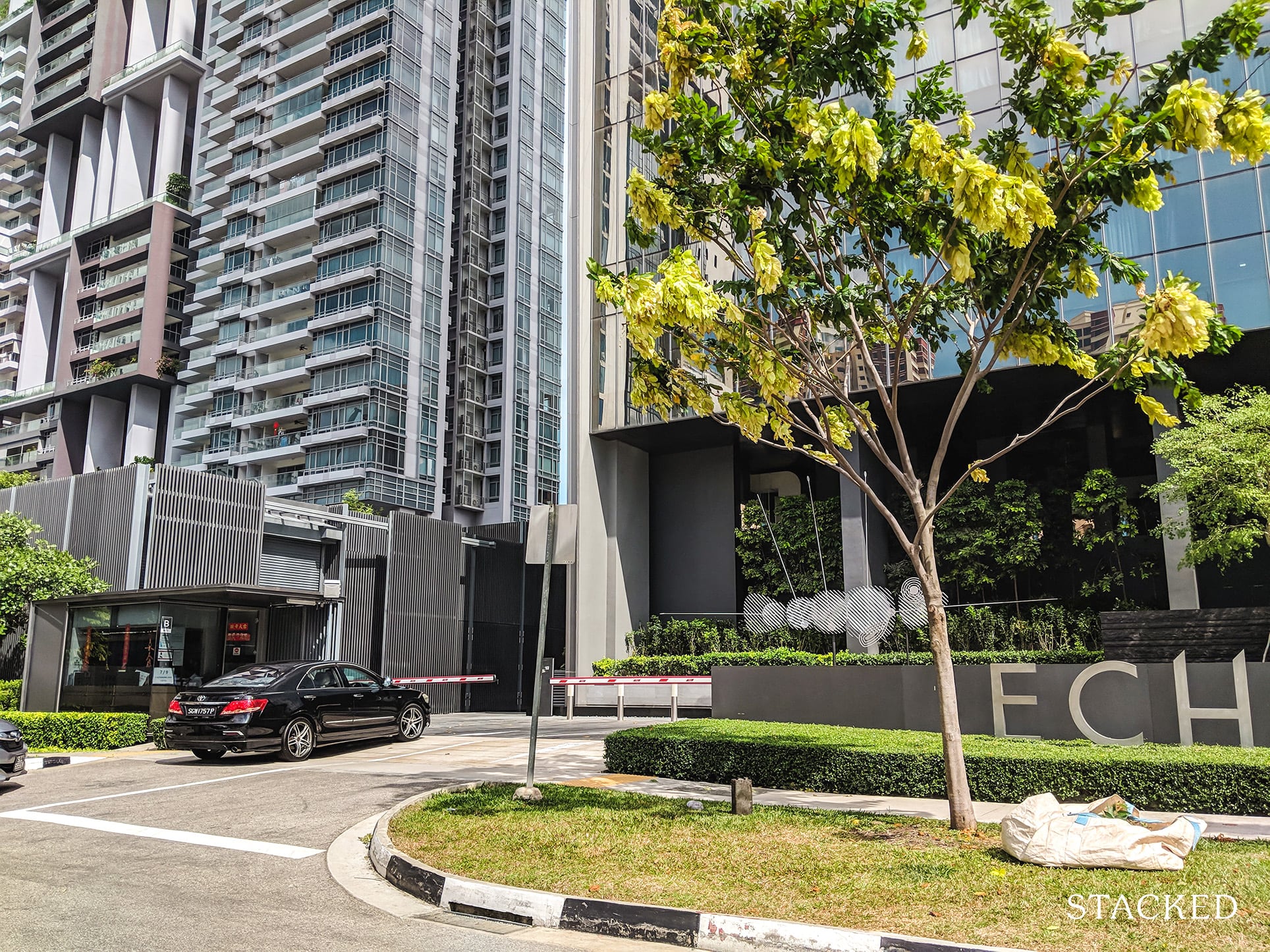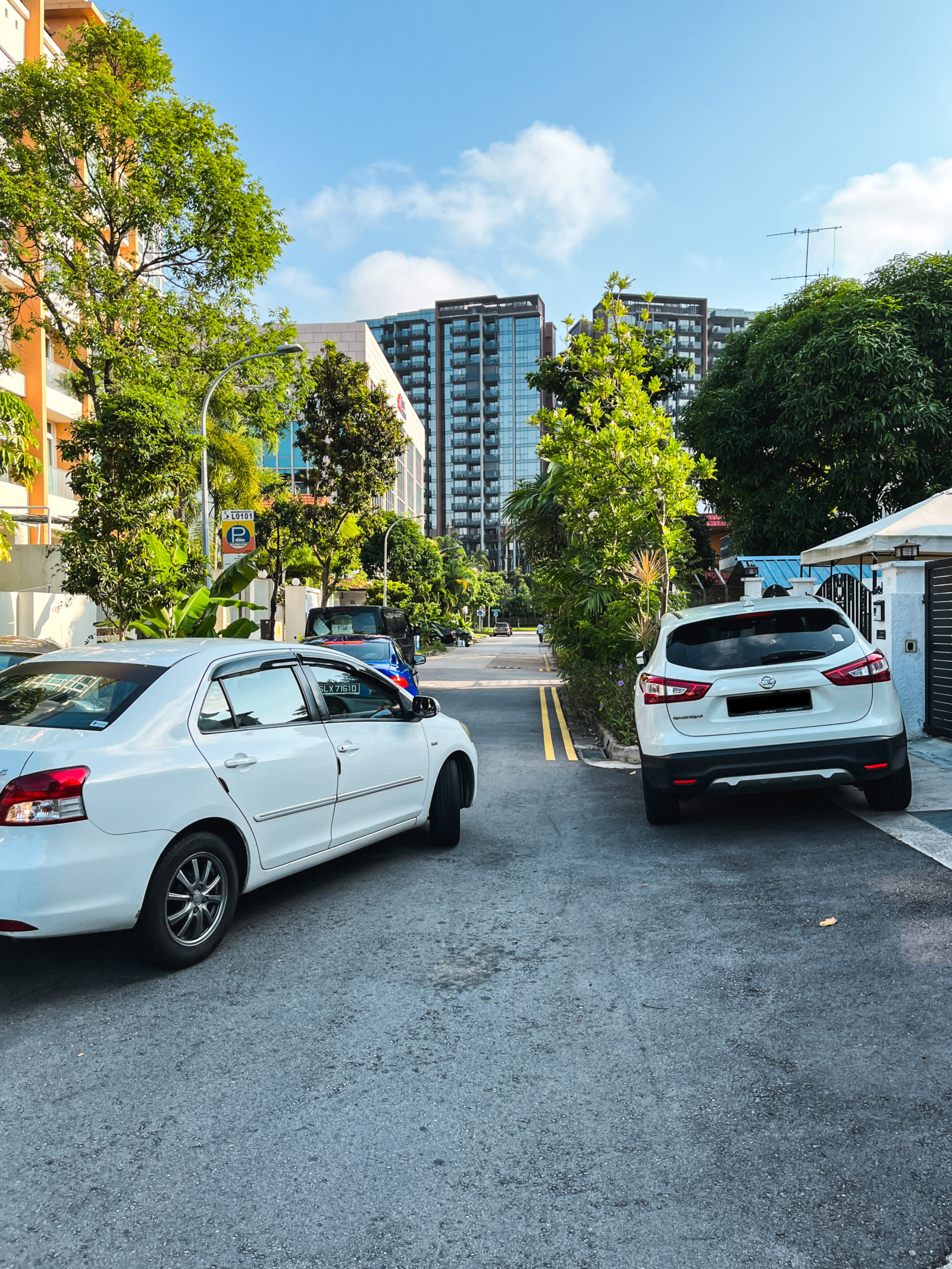Should you buy a small landed home or a bigger condo? Here’s what Singaporeans have to say


Recently, we saw a conversation on Reddit about living in a smaller landed property versus a bigger condo unit.
This isn’t the first time we’ve come across the question – with some larger condo units (premium or penthouses) now reaching the $3 million to $4 million+ range, some buyers do wonder if they should just get a small landed property instead.
From word on the ground, however, many seem to still prefer the condo option; and here’s why:
While there are quite a lot of differences, some may not be what you think (see below). The ones that really make a difference are:
Then we’ll look at the issue of neighbours, which may or may not be solved by landed homes.
Crime may be low in Singapore, but keep in mind security is more useful than just keeping out burglars. If your child tries to wander past the front entrance, for starters, you’ll be glad that security is there to say it; and more than one elderly person has been helped by security when they can’t find their way back, wander off without their helper, etc.
There’s also the rare but very real issue of loan sharks. If your neighbour happens to owe money, you might get caught up in the harassment – even if the shouting and vandalism aren’t specifically directed at you.
In HDB flats and landed homes where there’s no security, loanshark runners have free reign. In a condo, you at least have a security team to screen them out.

There’s also the issue of leaving for extended periods, like holidays for a few weeks. It’s much easier and safer with condo security than with a landed home. As an aside, some home content insurance policies may not even cover landed homes, unless you install a pricey home alarm system.
It’s true that in recent years, some condos near MRT stations or in the CBD lack visitor parking; but they’re still the minority. Usually, guests will have no issues finding parking in a condo.
With a landed property, there’s a limit to how many cars your driveway can hold. Some smaller landed properties don’t have room for more than one – this is a huge issue in landed enclaves, where roads are notoriously narrow, and you can’t park for long stretches without blocking someone’s driveway.
During festive periods, your guests could end up facing a long walk to your home (and you might too, if someone decides to park illegally).
The other issue is this leads to fights over who should or shouldn’t be “allowed” to park within the estate. There have even been cases of visitors who get their cars damaged by irritated residents, even if they only parked for a short while. Overall, this creates a very unpleasant place to live in, if there are constant fights over car park lots.
Besides just parking issues though, another issue with smaller landed homes would be the lack of shelter. If you have space on your car porch for only one car, the second one would usually have to be parked outside, or parked tightly in front of your house such that you can’t close the gate.
This would mean that it becomes very inconvenient when it rains – unlike parking in a sheltered underground condo car park.
With landed properties, you need to manage everything including the external facade. Compared to a condo, which has a monthly maintenance fee, landed homes can be more volatile.
On the one hand, you may pay much less per month – if there’s nothing to be fixed, you get to save your money (if your house has been built well, or depending on the age).
On the other hand, certain types of damage – like having to retile your roof – can make huge dents in your bank account. This is possibly a five-digit expense, that you’d never pay for on your own if it were a condo.
Also don’t overlook the cost in time: major fixes require you to shop around for the right contractor, compare prices, and oversee the quality of their work. With a condo, the property manager handles all of this, and there can be zero involvement on your part.
We often hear that landed properties have more pest issues, just like ground-floor condo units; but that’s only partly correct. In reality, even ground floor condo units can be less prone to pests.
This is because condo management tends to have a more regular maintenance schedule. There’s a whole team of groundskeepers, gardeners, etc. patrolling the condo, and preventing pest issues before they even start.
We suppose you could do that with your landed property, but how practical would that be? Even if you had a regular schedule for fumigation, it would never be as good as having daily maintenance by a trained team.
So it’s unsurprising that landed properties tend to see a higher risk of pest issues, or more NEA fines for mosquito breeding. It’s not just about being low to the ground; it’s that constant monitoring demands more effort.
We probably don’t need to explain this too much right? You have the right to do whatever renovations you want to a landed property – including tearing it down and rebuilding. This is impossible in a condo, where management needs to preserve the architecture of the project.
When it comes to neighbours though, landed homes aren’t as insulated as many seem to think.
If you truly want to be free from neighbours, a $3 million or $4 million landed property probably won’t cut it. In truth, many semi-detached units, terrace houses, etc. can have as many, if not more problems with neighbours as condos or flats.
The distance separating one landed property from another isn’t always huge, as the former Everitt Road saga shows.
One complaint about smaller landed homes is when the neighbours are socially active, with parties or BBQs that go on through the night. In a condo, you may at least be elevated above the noise and BBQ smoke (if you live on a higher floor).
With smaller landed homes, there are few ways to avoid the noise and smells – and you can expect the narrow streets outside your house to be even more jammed up, as the neighbour’s guests park there.
[[nid:663904]]
Also, as we’ve mentioned above, loan shark problems do happen in landed areas; so you need to beware of neighbours who have borrowed money. As with non-landed properties, you cannot predict who will move in next to you; even if there are good neighbours today, you don’t know who will take their place if they move out before you.
The landed properties that are “free” from hazardous neighbours are the truly massive ones like bungalows (or perhaps Good Class Bungalows), with so much boundary space, their closest neighbour is at least a tennis court’s length away from them.
There’s also the issue of maintenance. In some landed homes, such as a semi-detached unit, works on the facade may involve scaffolding. It can be quite unsightly and dusty to have one-half of your semi-d covered up with this. The inverse is also true: getting work done on your semi-d may require permission from neighbours, if the scaffolding affects them somehow.
In short, at $3 million or $4 million, you may be disappointed if you think your landed home is “totally safe” from neighbours.

This article was first published in Stackedhomes.
ALSO READ: 7 surprising finds in Singapore's URA Master Plan: Unexpected spots that are actually residential